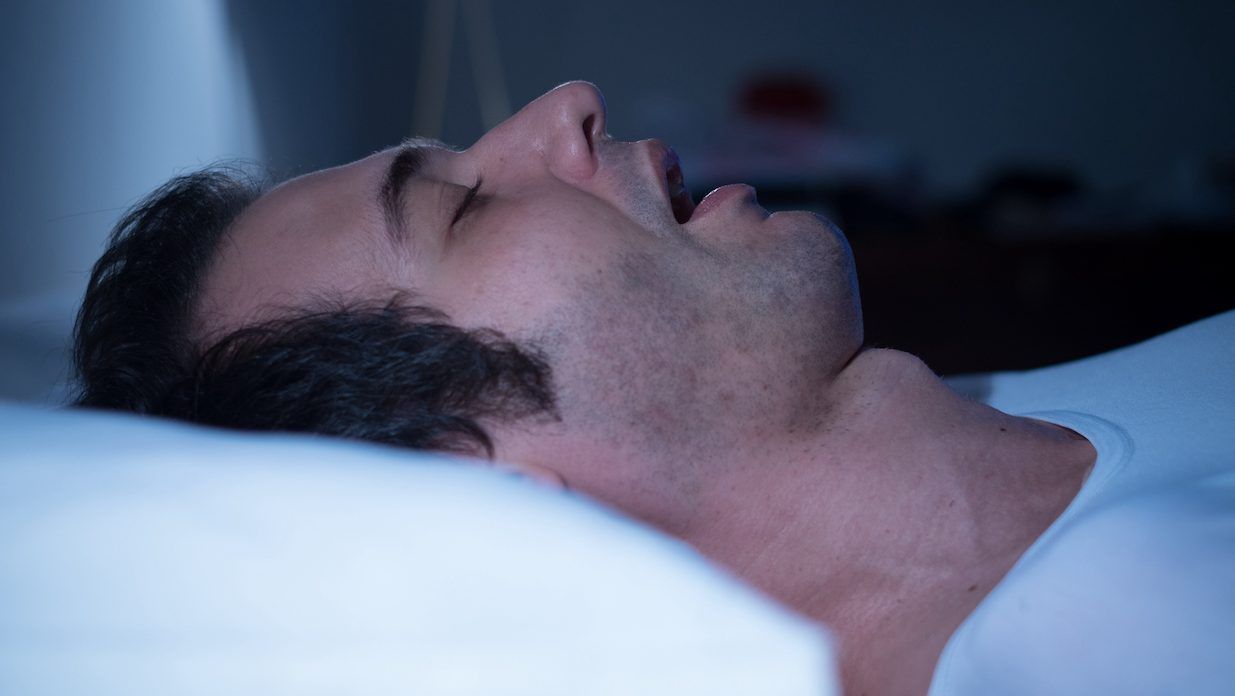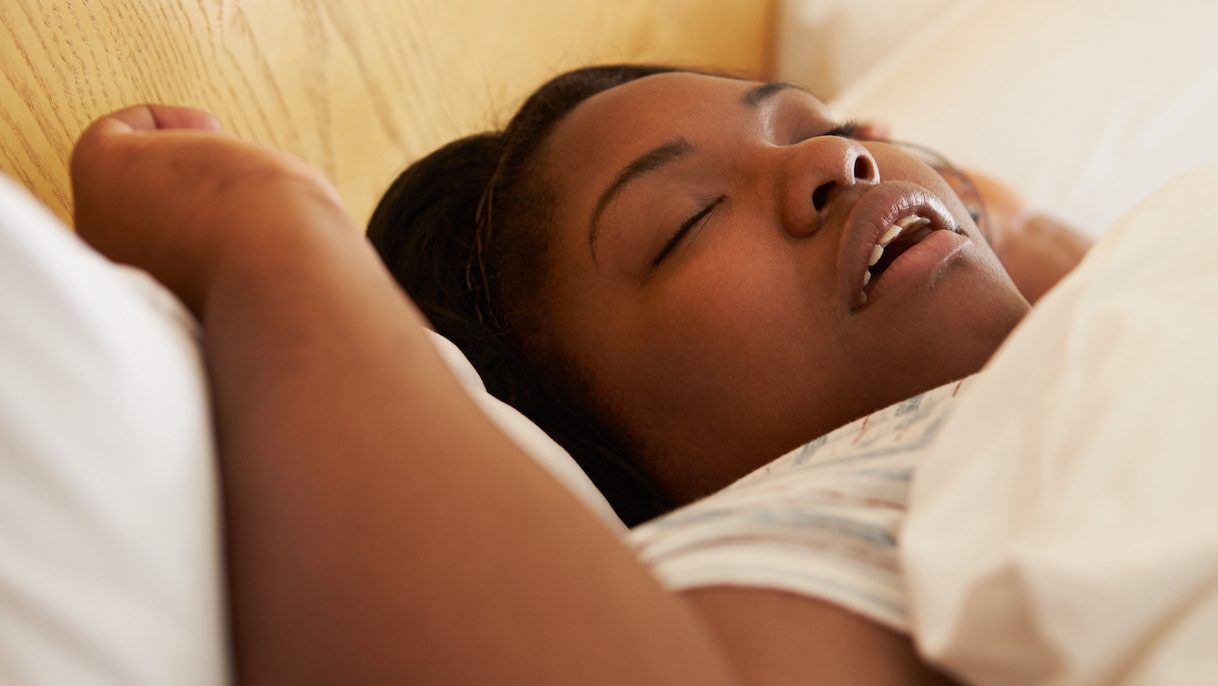obstructive sleep apnea linked to blood clots, cancer and cognitive decline
symptoms of osa can include a morning headache, fatigue, memory loss or a lowered sex drive.
insomnia: are you chronically sleepless?
chronic insomnia can lead to serious health issues, including diabetes, hypertension and weight gain.
what are the symptoms of sleep apnea?
sleep apnea is often associated with loud snoring, but other signs include morning headaches, a dry mouth and impotence.
 4 minute read
4 minute read









